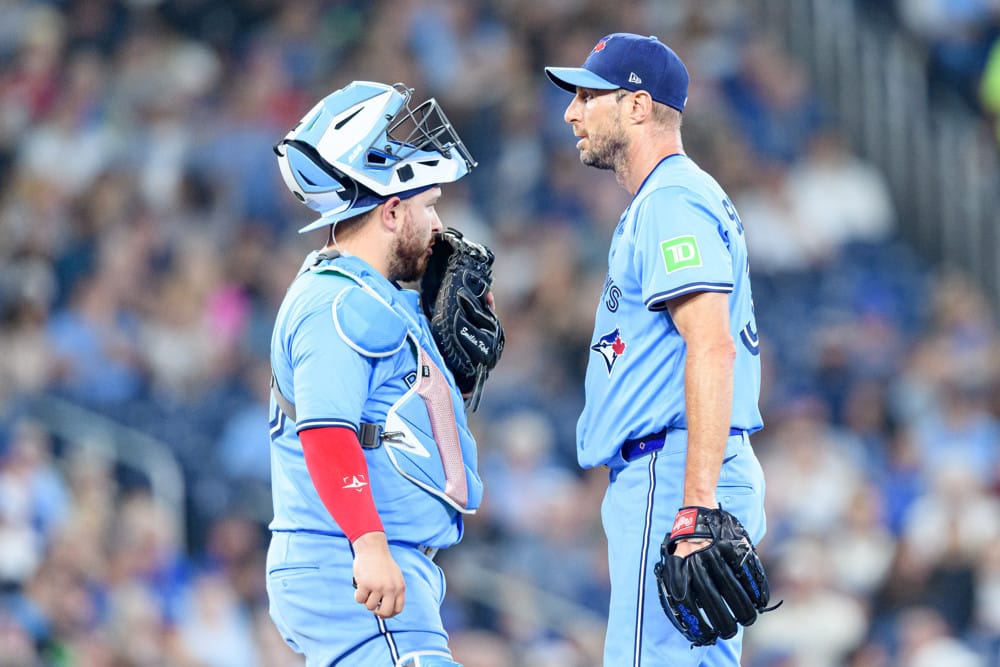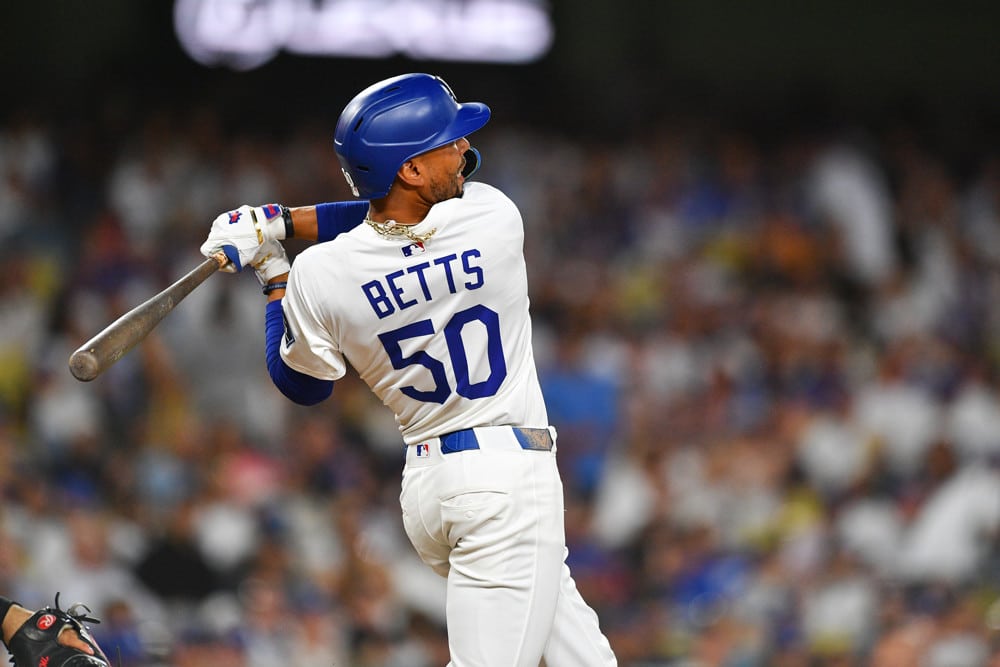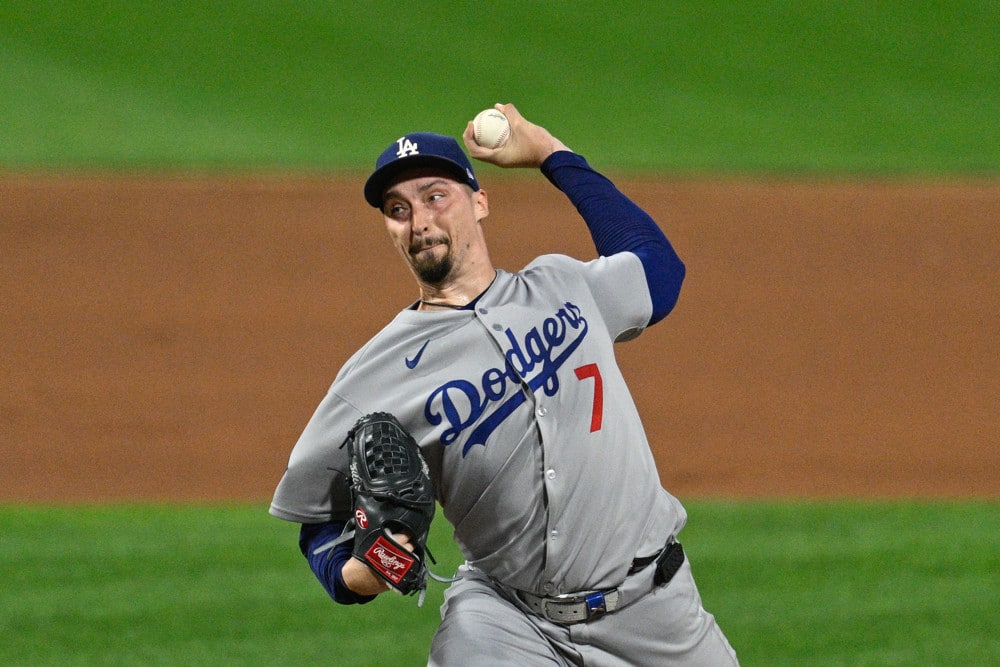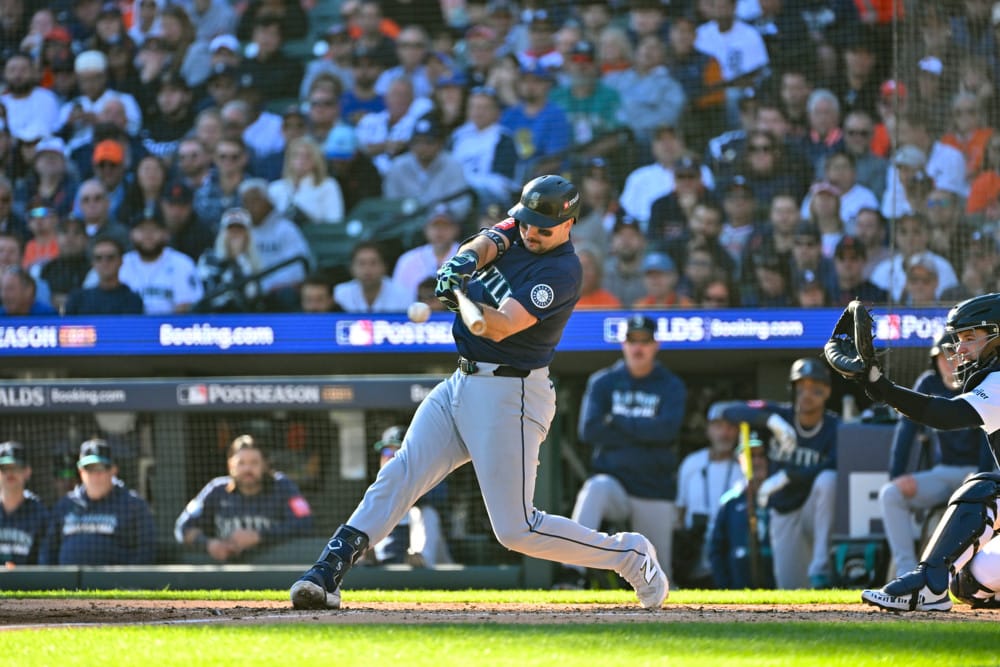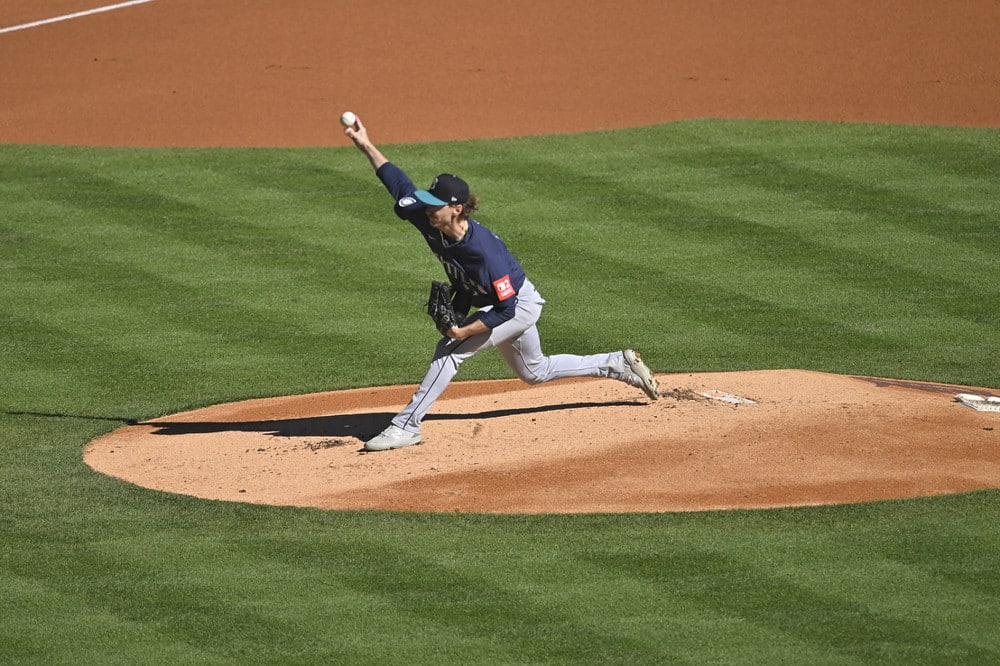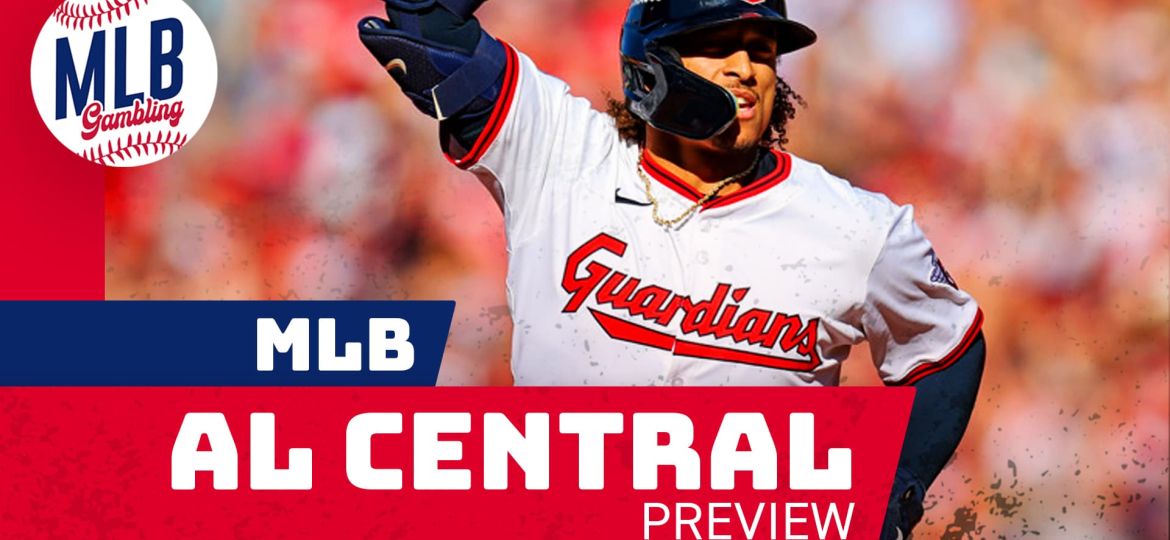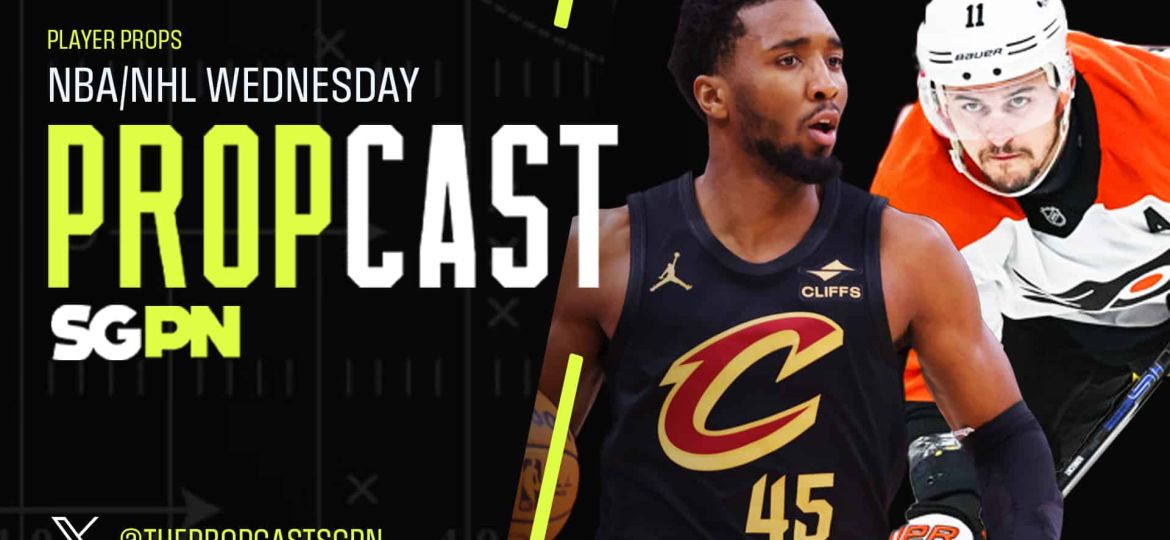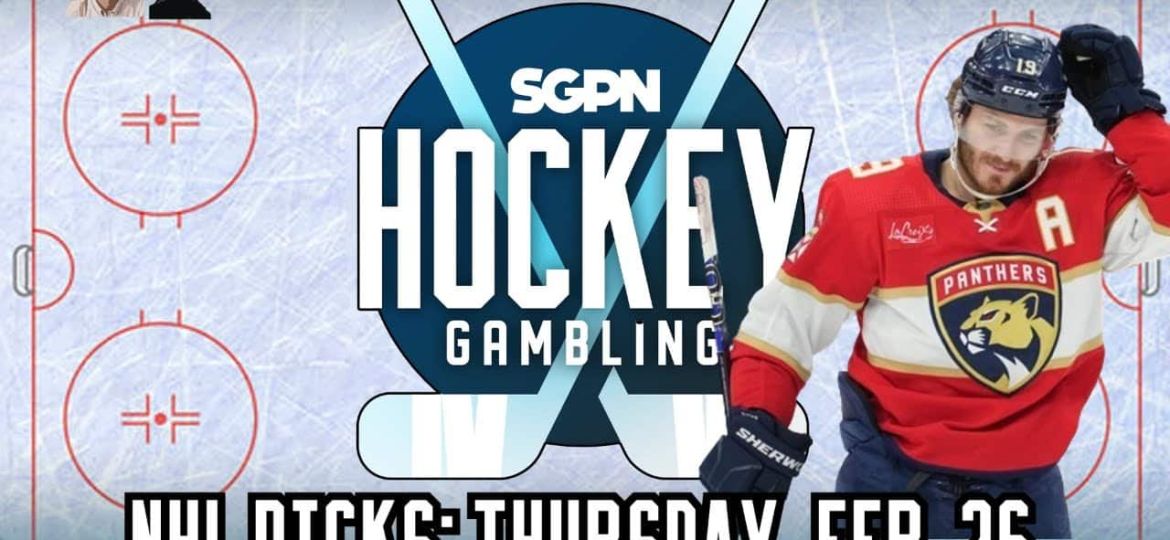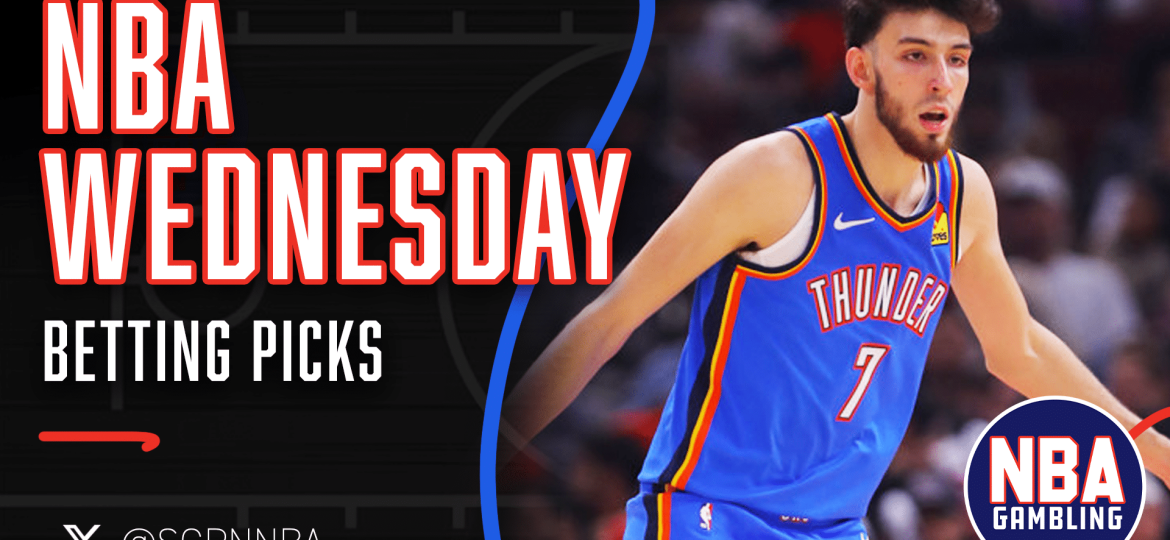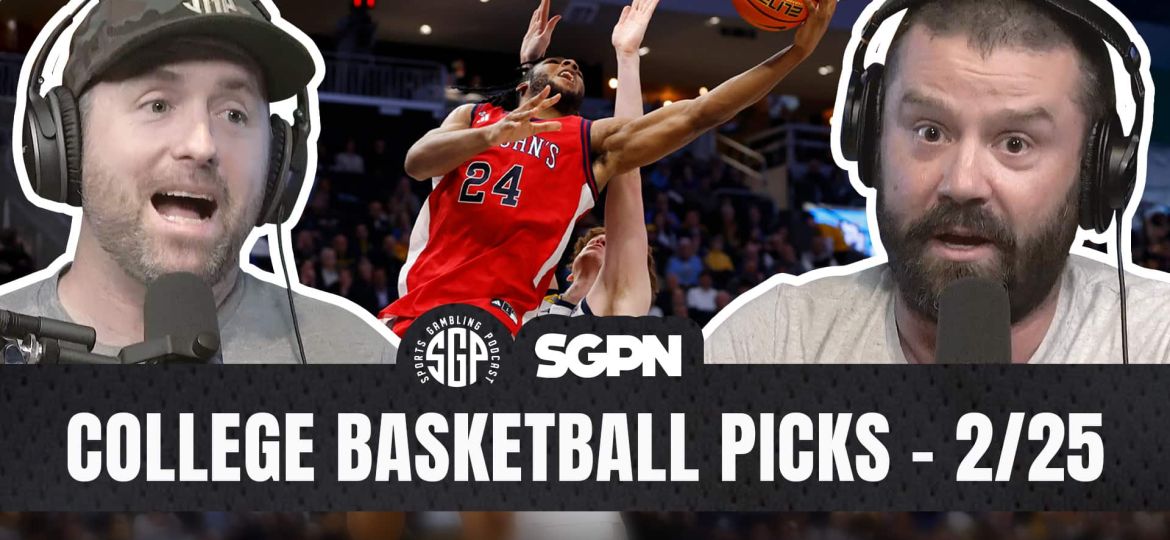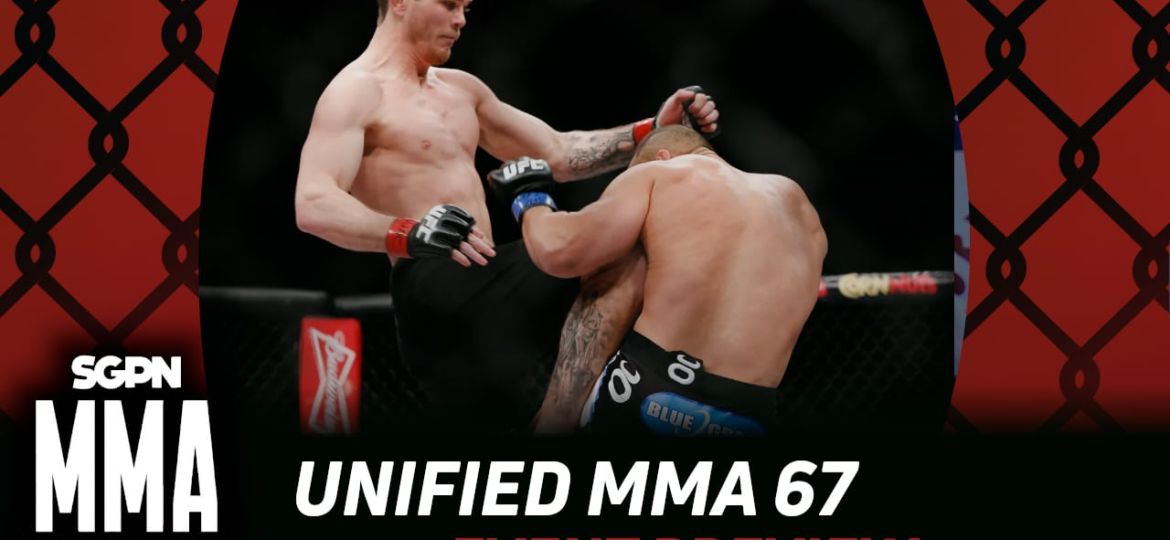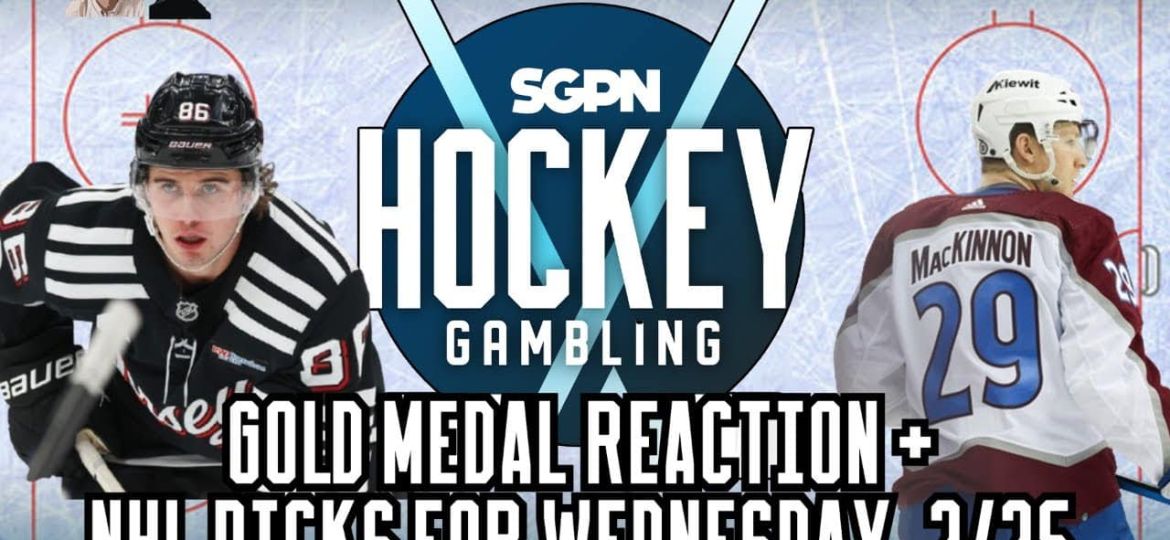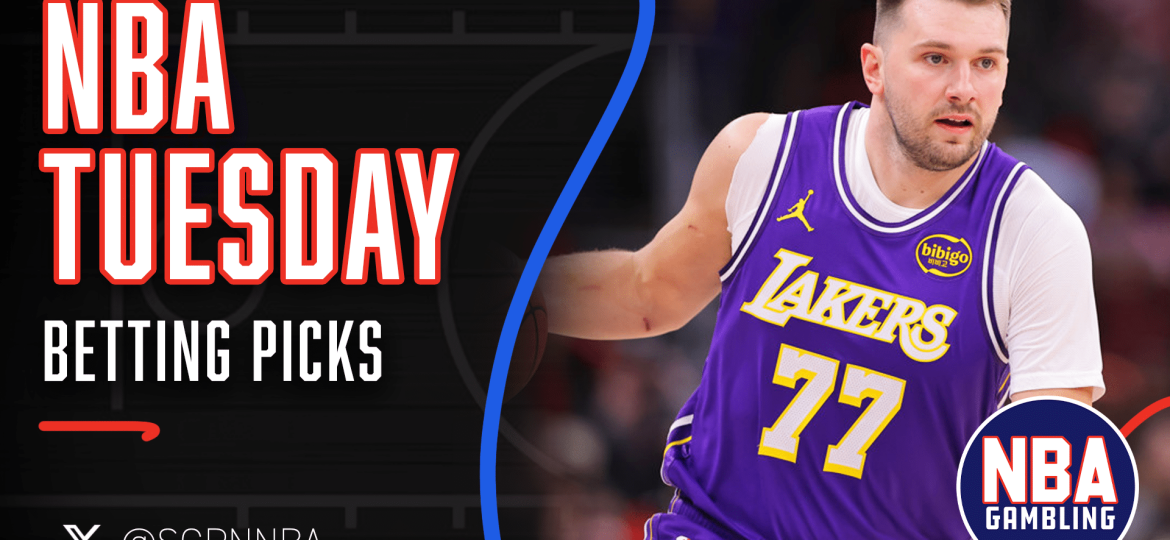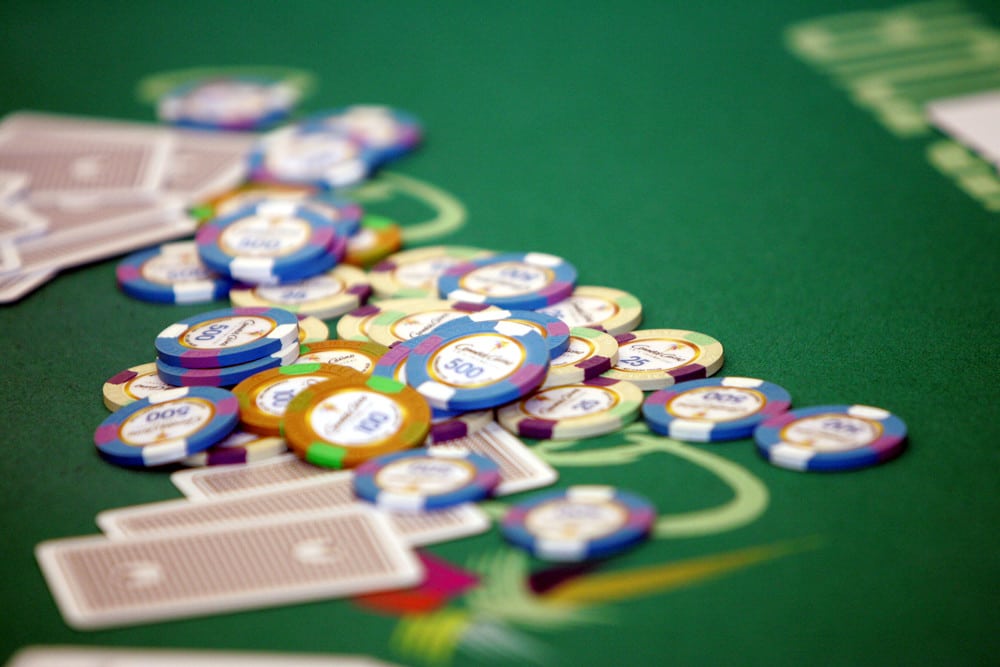 When you think about online gambling, what first comes to mind? Thrilling games? Sure but what else? The idea of safety? Yes, great. Safety and security are number one in the online gambling space. The Netherlands is always trying to keep its players safe but sometimes the plan backfires. They introduced gambling limits but it’s not gone as seamlessly as they thought it would. Instead of the players following suit and playing less, they are now looking elsewhere, which is on illegal gambling sites that allow them to play to their heart’s content.
When you think about online gambling, what first comes to mind? Thrilling games? Sure but what else? The idea of safety? Yes, great. Safety and security are number one in the online gambling space. The Netherlands is always trying to keep its players safe but sometimes the plan backfires. They introduced gambling limits but it’s not gone as seamlessly as they thought it would. Instead of the players following suit and playing less, they are now looking elsewhere, which is on illegal gambling sites that allow them to play to their heart’s content.
This is not ideal news because it doesn’t just mean that the deposit limits haven’t worked but instead that the deposit limits have made a whole black-market rise again. Dutch regulator Kansspelautoriteit (KSA) is trying to reduce problem gambling. But as the latest data shows, the consequences are more complicated than expected, which you will begin to learn below.
The New Gambling Limits
In October 2024, the KSA introduced mandatory deposit thresholds to control gambling losses. These limits apply to every licensed operator in the Dutch market.
The rules are straightforward:
- Adults over 25 face a default deposit limit of €700 per month.
- Players between 18 and 25 have a lower threshold of €300 per month.
- If you want to raise your limit, you must provide detailed proof of income.
These limits were designed to cut back on excessive gambling and help players manage their spending more responsibly. And in some ways, they’re working.
The Positive Impact
The KSA’s February 2025 report highlighted several encouraging outcomes since the rules took effect:
- The number of accounts with losses above €1,000 per month dropped sharply, from 4 percent to just 1.2 percent.
- Players under 23 lost an average of only €48 per month.
- Players over 24 lost an average of €148 per month, down from €160 earlier in the year.
- Extreme losses have become less common.
These statistics suggest that for casual or recreational players, the new system provides a helpful safety net. It also means that players can feel safer when engaging, whether that’s on real money games or when using 10 euro gratis gokken zonder storting bonus codes to fund their accounts.
The Flip Side of Limits
However, the same report also revealed worrying side effects. Some players, particularly high spenders, are finding ways around the limits or leaving the regulated market altogether.
Here’s what the KSA observed:
- The number of active gambling accounts increased from 1.1 million to 1.19 million, suggesting that players are opening multiple accounts to get around restrictions.
- Despite the rise in accounts, licensed gambling revenue fell in the second half of 2024, down 10 percent compared to the first half.
- While 91 percent of players stuck with legal platforms, only 50 percent of total spending went to licensed operators.
In other words, while most people are still playing on regulated sites, the biggest spenders are turning to unlicensed operators.
Concerns About the Black Market
The Dutch trade body VNLOK, which represents gambling providers, has warned that the rapid growth of unlicensed gambling is creating new risks. This raises serious concerns because unlicensed sites:
- Do not follow the same player protection standards.
- Often lack reliable self-exclusion systems.
- May not guarantee safe withdrawals.
- Can promote aggressive bonuses that encourage overspending.
The fear is that strict limits might shift the problem instead of solving it. By driving high-value players into the black market, regulators risk losing visibility over the very group most in need of protection. This move toward the black market is not good, as the gambling regulatory bodies in the Netherlands will find it very difficult to maintain control over them, which puts players at risk.
The Debate Over Player Safety
The KSA maintains that the new limits are working as intended, reducing excessive losses at legal providers. But even the regulator admits that heavy players are likely migrating to unlicensed sites.
Industry bodies like VNLOK argue that this creates a dangerous paradox: the very policies designed to protect vulnerable players may be pushing them into riskier environments. Meanwhile, the KVA has warned that further restrictions, such as tighter advertising bans, could accelerate the shift toward the black market.
Things to Bear in Mind as a Player
If you live in the Netherlands, these changes affect how you gamble online. On licensed sites, you’ll benefit from built-in safety measures like deposit caps, self-exclusion and clear rules around promotions. These safeguards are there to protect your money and your well-being.
You should only play on registered and licensed sites, as this is what you could expect from black market ones:
- No guaranteed protection for your deposits.
- No regulated system for resolving disputes.
- Higher risks of problem gambling due to unlimited spending.
- No accountability if things go wrong.
Action is Needed
It’s fascinating to see how the plan that was implemented to protect players actually backfired. The parties in charge really need to do some rethinking about how they can solve this. It’s not going to be a quick fix. You see, by introducing these limits, they accidentally created a black market.
So now, it’s not just about alleviating limits and gaining some control again but also trying to stop the flow of the black market. They now need to go in and try to squish all the black market vendors that cropped up, which is a whole new task. It’s not going to be easy, it’s going to be a lot of work but at the end of the day, it will be worth it as safety comes first, no matter what.


